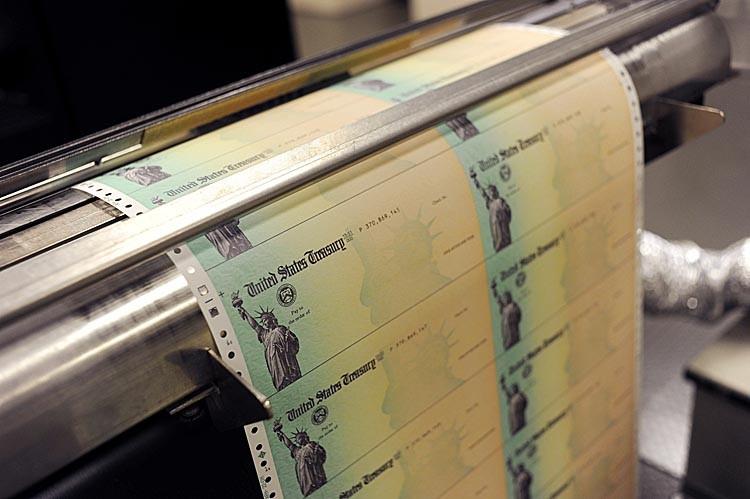Independent contractors who made money via online services will have their income reported to the Internal Revenue Service (IRS) starting in 2023, the agency said in a second warning issued Tuesday.
People who made money via eBay, Etsy, Poshmark, Uber, and other digital services will face the new scrutiny and rules. It applies to anyone who made more than $600 via those platforms or via Venmo, Cash App, Zelle, PayPal, or similar platforms in return for goods and services.





